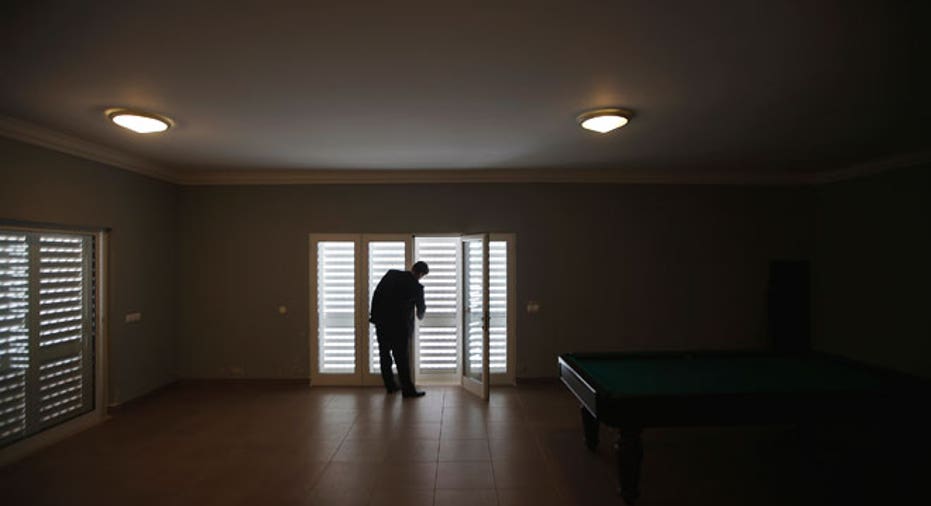Do I Owe HOA Fees After Getting Evicted?

Dear Bankruptcy Adviser,
I filed bankruptcy at the end of 2011 and it was finished in March 2012. I just got a letter from the homeowners association saying I owe them money, even though the association kicked me out with a sheriff back in 2011. What can I do? -- Laura
Dear Laura,
That definitely is an interesting situation. I would be curious to see the letter from the association. It may not have any right to collect from you because, based on what you are saying, the association may have foreclosed on your property prior to the filing of your bankruptcy case. That would eliminate your obligation to pay any outstanding balance.
Homeowners associations, or HOAs, receive special treatment under the bankruptcy code. And rightfully so. While some HOAs may abuse authority, the majority of them act appropriately. HOA members collectively cover the costs of maintaining the property.
Most HOA fees are based on necessary expenses. One member failing to pay requires the others to pay more so that services and fees are covered.
I always spend extra time explaining the HOA issue to clients that are hiring me to file bankruptcy. Here are the various scenarios:
- Keeping the condo, but filing bankruptcy: You are responsible for all HOA dues when you are keeping the condo even if you were delinquent on the dues prior to filing bankruptcy. The past due and current amounts must all be paid, otherwise the HOA would have the right to foreclose on your property. You can't file bankruptcy, wipe out your HOA fees owed at the time of filing and then start paying after filing as if you are current while ignoring the unpaid balance.
- Walking away from the property, but still living in the property after filing bankruptcy: All HOA dues owed at the time of filing are gone. All dues that come due after the filing but before the sale of the property are your responsibility. I tell my clients who are walking away to consider post-filing dues as a monthly rental payment. It helps the HOA and it avoids liability for my client when the property is eventually sold in foreclosure or via sale. Important to note: If you move out of the property but the property has not been sold, you are still responsible for the HOA dues. The pre-bankruptcy filing dues are still gone, but the post-filing dues are still your responsibility even if you have moved out.
- Walking away from the property, but filing bankruptcy after the property was sold via short sale, normal sale or foreclosure sale. You are eliminating all HOA liability. You are not incurring any new liability because the property has been sold. Since you are no longer the owner, you are not responsible for future HOA dues.
Depending on when you filed bankruptcy and when you were evicted, your case appears to be the third example. You claim you were evicted from the property and even had the sheriff come and move you out. Unless there is an exception I am not aware of, the HOA can't evict you from your property for failing to pay the dues absent the HOA foreclosing on the property and completing the process.
If you filed bankruptcy before you were evicted, then your case could fall into the second category, in which you would owe for the amount between the time you filed bankruptcy and the time you were evicted.
Good luck!
Ask the adviser
To ask a question of the Bankruptcy Adviser, go to the "Ask the Experts" page and select "Bankruptcy" as the topic. Read more Bankruptcy Adviser columns and more stories about debt management.
Bankrate's content, including the guidance of its advice-and-expert columns and this website, is intended only to assist you with financial decisions. The content is broad in scope and does not consider your personal financial situation. Bankrate recommends that you seek the advice of advisers who are fully aware of your individual circumstances before making any final decisions or implementing any financial strategy. Please remember that your use of this website is governed by Bankrate's Terms of Use.
Copyright 2014, Bankrate Inc.



















